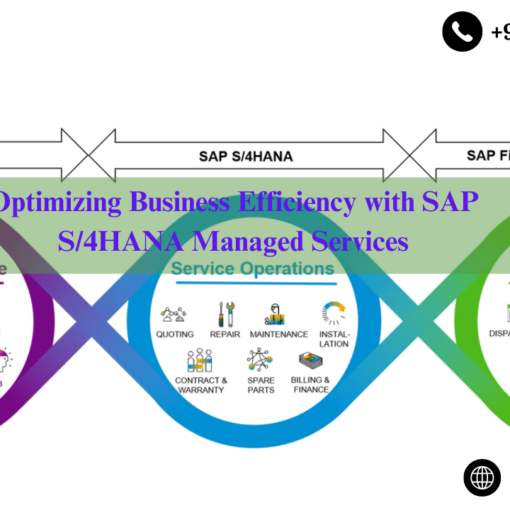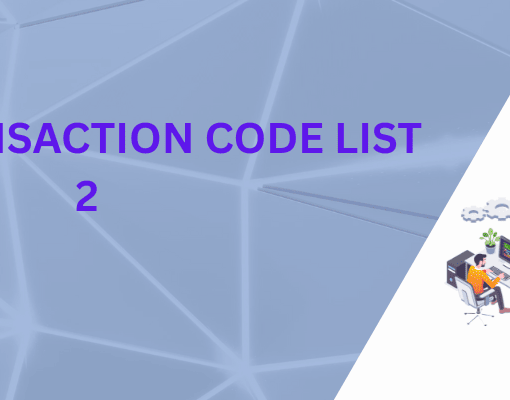Minimum qualification for SAP Consultant
The world of SAP solutions offers a rewarding career landscape for individuals with diverse skillsets. But for aspiring SAP consultants, a crucial question often arises: What are the minimum qualification for SAP Consultant to embark on this exciting journey?

This comprehensive blog delves into the essential and desirable qualifications for becoming an SAP consultant, empowering you to assess your suitability and navigate your career path effectively.
What are the qualifications for SAP job?
Understanding the SAP Ecosystem:
SAP encompasses a vast array of enterprise resource planning (ERP) applications catering to various business functions. This necessitates a diverse workforce with varied skillsets and domain expertise. While specific requirements may differ based on individual roles and chosen modules, here’s a breakdown of the essential qualifications:
- Technical Skills:
- A solid foundation in IT concepts like networking, databases, and operating systems.
- Familiarity with relevant software, often specific to the chosen SAP module (e.g., ABAP for development, FI for finance).
- Business Acumen:
- Basic understanding of core business processes relevant to the chosen SAP module (e.g., finance, human resources, supply chain).
- Ability to translate business needs into practical SAP solutions.
- Analytical and Problem-Solving Skills:
- Strong analytical abilities to understand complex business scenarios and identify potential solutions using SAP functionalities.
- Excellent problem-solving skills to navigate technical challenges and ensure system efficiency.
- Communication and Teamwork:
- Effective communication skills, both written and verbal, for collaborating with diverse teams and stakeholders.
- Excellent teamwork abilities to contribute effectively within project teams and user communities.
The World of ABAP Consultants: Unlocking the Power of SAP
Beyond the Essentials: Desirable Qualifications:
While the above qualifications provide a strong foundation, possessing the following can significantly enhance your profile:
- SAP Certifications: Industry-recognized SAP certifications validate your knowledge and skills in specific modules, making you a more attractive candidate.
- Experience in Relevant Industry: Prior experience within the industry your chosen SAP module caters to (e.g., finance, manufacturing) can provide valuable domain knowledge.
- Project Management Skills: Understanding project management methodologies can be beneficial, especially for senior consultant roles.
Remember:
- Formal educational qualifications, while not always mandatory, can be advantageous. A bachelor’s degree in a relevant field like computer science, business administration, or engineering can demonstrate your academic commitment and foundational knowledge.
- Language skills, particularly strong English communication skills, are crucial for collaborating with international teams and clients.
Charting Your Path:
- Research SAP modules: Explore diverse SAP modules and identify areas that align with your interests, skills, and career aspirations.
- Develop core skills: Focus on building a strong foundation in IT concepts, relevant software, and communication skills.
- Gain practical experience: Consider internships, volunteer opportunities, or personal projects using SAP to gain hands-on experience and showcase your skills.
- Pursue industry-recognized certifications: Earning relevant SAP certifications can significantly enhance your resume and credibility.
SAP Consultant Salary in Pune: Decoding Compensation Trends
Remember: The journey to becoming an SAP consultant is dynamic and personalized. By understanding the essential and desirable qualifications, aligning your skills with your interests, and actively pursuing relevant experience and certifications, you can unlock exciting opportunities in this ever-evolving domain.




